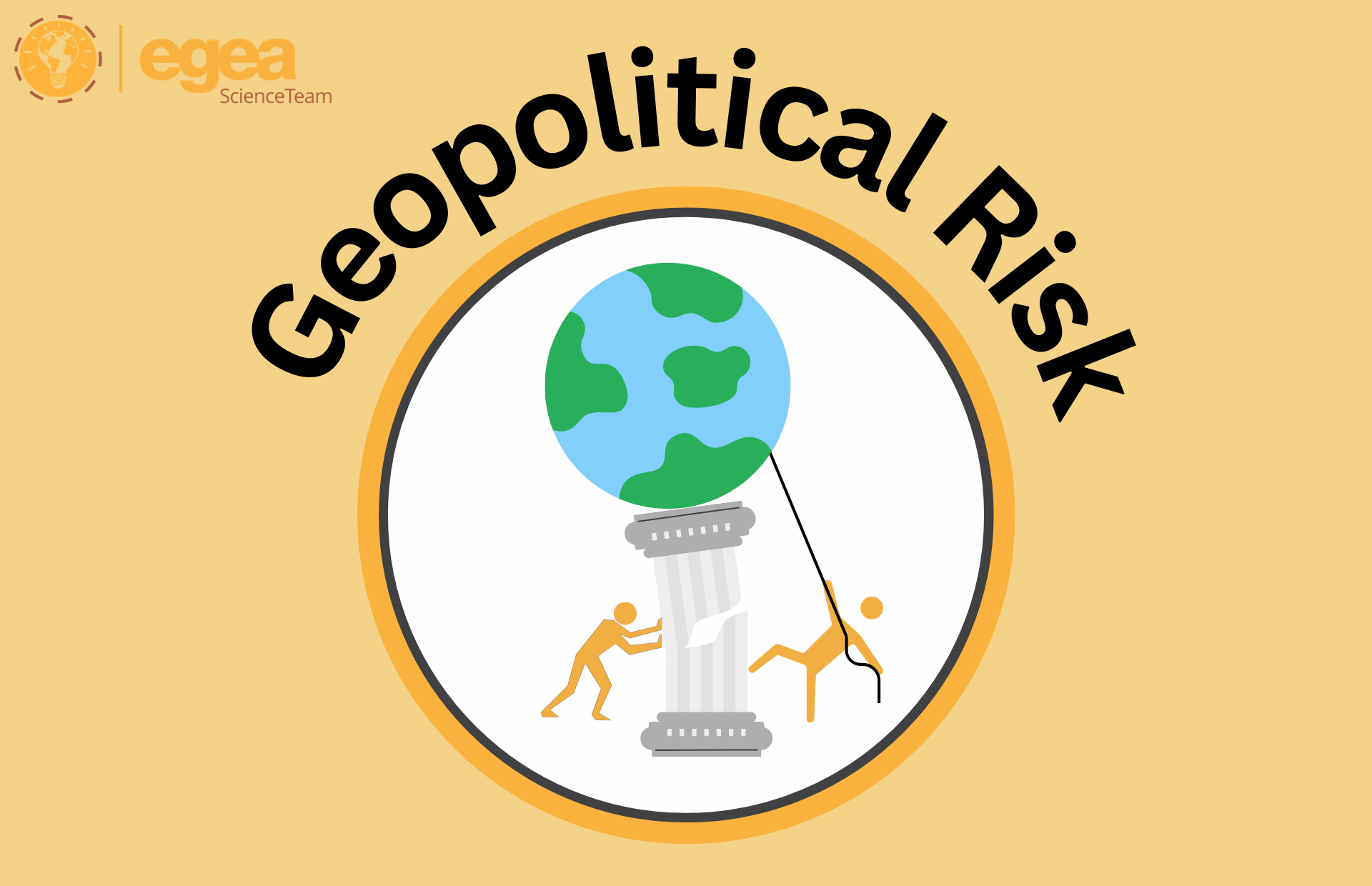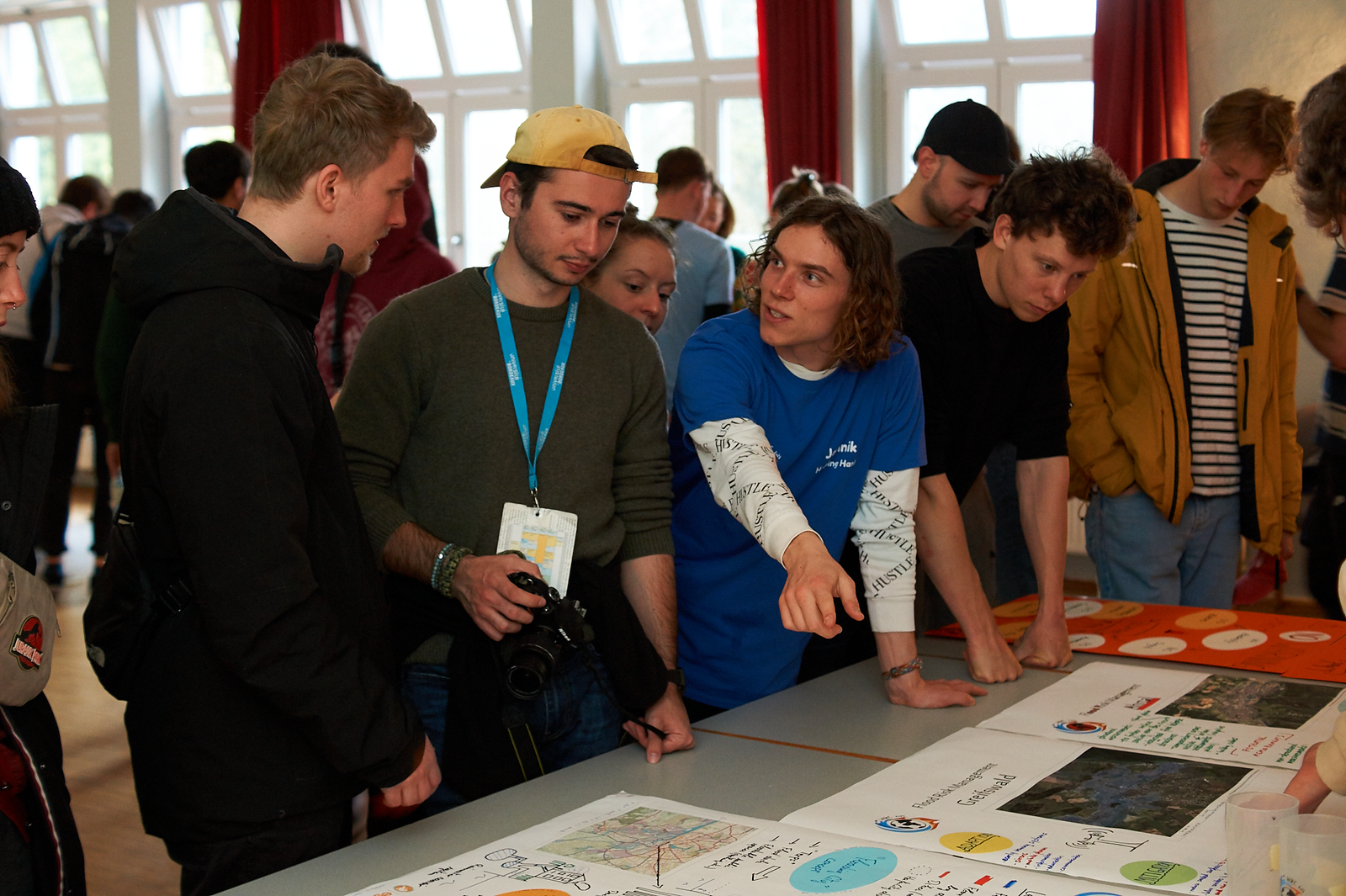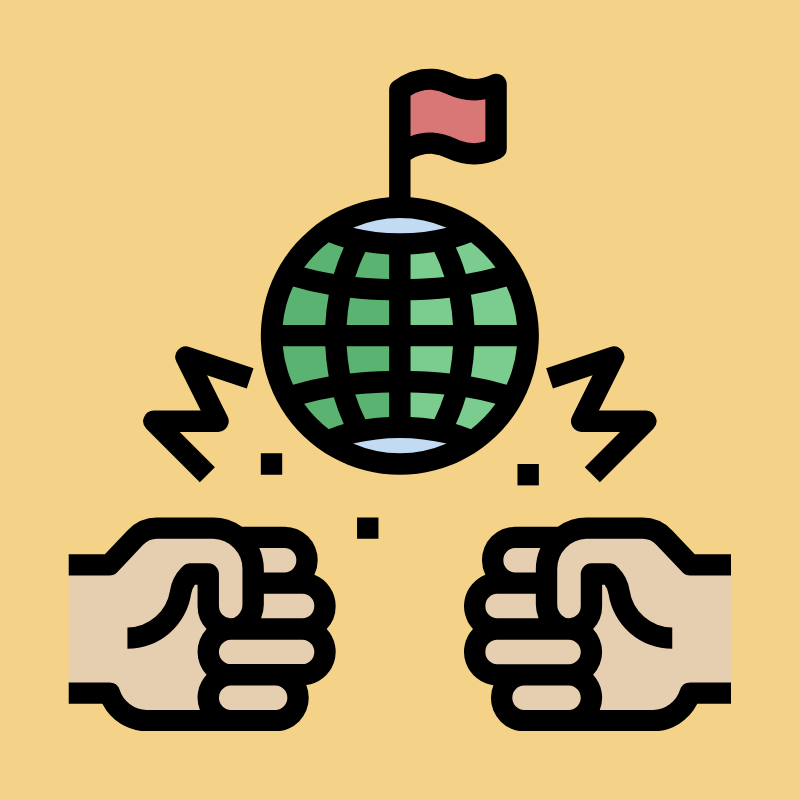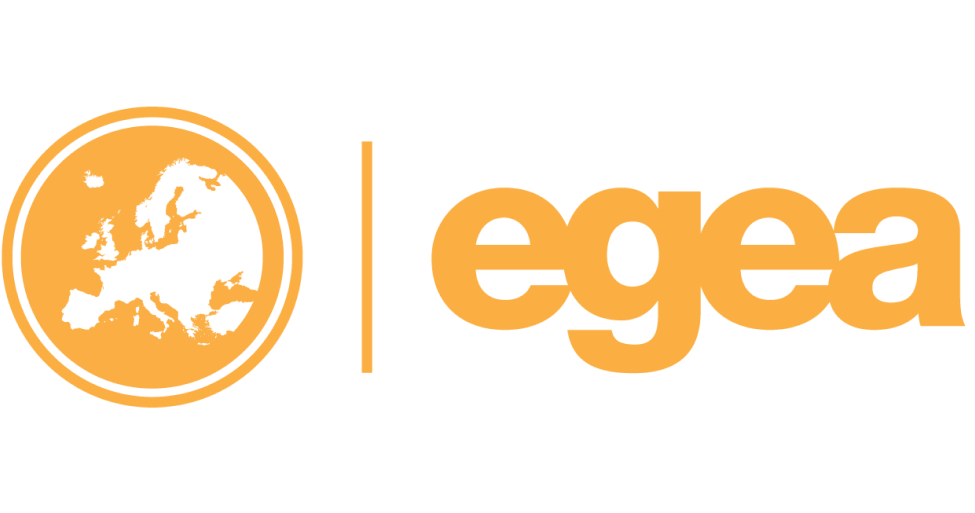
WHAT IS THEME YEAR?
The Theme Year is the scientific focus of EGEA in any given calendar year.
It serves as an inspiration for events, including congresses, and allows EGEA to focus its resources on a chosen subject for one entire year. EGEAns are encouraged to organise lectures, workshops, scientific conferences and many more activities that relate to the Theme Year. All of these efforts allow EGEAns to collaborate with each other even more and create a joint scientific impact outside the lecture halls.
Currently, the EGEA Science Team is responsible for the topic proposal and the subsequent promotion of the Theme Year. The topic of each Theme Year is elected by EGEAs General Assembly two years in advance to provide future event and congress organisers enough time to include it into their concepts. Active participation with the Theme Year is completely voluntary for all EGEA bodies, including entities.


2026: Geopolitical Risk
This years theme year is very real and goes beyond our scientific-geographical perspective as it affects us in everyday life. Geopolitical risk describes how global power struggels and political decisions create uncertainty and vulnerability for people and places across the world.
Geopolitical risk shapes everyday lives, territorial development, mobility, access to resources, and political freedoms. It affects the very lives of people, their perception of the world and the people around them, and their feeling of safety and security. More often than not, it is the people least responsible for geopolitical risk that are most affected by it. Therefore, it is important to keep in mind that it is indeed produced, it is created by humans through political, economic, and technological systems and their interaction with the natural environment. Sometimes, this means that geopolitical risk can be produced for no reason at all, it can be the result of disinformation, lies, dependencies or constructed characteristics, such as race, ethnicity, gender, sexuality, or religion. Even so, the suffering resulting from geopolitical risk is very real.
But in this truth lies the solution. If geopolitical risk is produced, it can be influenced by people, even by individuals. Geopolitical risk can be challenged, criticised, and counteracted. This is where research, solidarity, kindness, patience, and engagement matter.
In many ways, there could hardly have been a year in which this theme is as relevant as it is in 2026. We are living in an age of repolarisation despite strong interdependencies, shortage of resources, and disinformation that are potentially and already resulting in armed conflicts, societal divisions, terrorism, climate injustice, migration, distrust in scientific and democratic institutions, and – most importantly – very real suffering.
But guess what: There is a unique tool that can help approach these issues. A tool that helps us navigate through the fog of complex relationships between culture and nature, between information and disinformation, between war and peace. That tool is called geography. Geography is our opportunity to understand how many of the issues the world is facing today are related to each other, and how they often share similar causes. And it is our responsibility as geographers to do so, in order to prevent existing geopolitical risks from turning into real consequences, such as the ones mentioned above.
Therefore, this year’s theme should not only be seen as a source of inspiration for EGEA’s events and research, but also as a call to action. EGEA is our platform to communicate and act. Together, let us dive into this year of geopolitical risks and do what we can to promote democracy, solidarity, human rights, and peace. Let us embrace a plurality of opinions, open discussion, and critical thinking. Let us listen and try to understand those that have a different perspective, and let us empower and stand up for those that do not have a voice. Let us push for human-centric decision-making and a sustainable and just approach to environmental policy. And finally, let us not use peace as a term of combat. Let us instead try to truly understand the causes of conflict and instability.
What you and your entity can do:
Throughout 2026, we plan to address geopolitical risk at events, workshops and congresses, aiming to increase the awarness of geopolitical risk and how it affects people. Your entity can thereby:
- Make geopolitical risk visible locally: Explore how geopolitical dynamics appear in your own city or region (e.g. energy infrastructure, ports, migration, military, climate risks, media narratives) through
- Short input + discussion evenings,
- Mapping or photo-based exercises, and
- Urban walk with a geopolitical lens.
- Create spaces for listening and exchange: Give room to lived experience without pressure to debate or convince through
- Moderated conversations with students or researchers,
- Online talks with guest speakers from different regions, and
- Testimony-based sessions focusing on human impacts.
- Strengthen critical media and knowledge literacy: Geopolitical risk is shaped by how information is produced and shared. Ideas for actions:
- Comparing media coverage of the same event across countries,
- Discussing disinformation, framing, and bias, and
- Reflecting on the role of maps, data, and narratives.
If you post something on social media tag @egea.europe, @egea.science.team and use the #EGEAthemeyear

